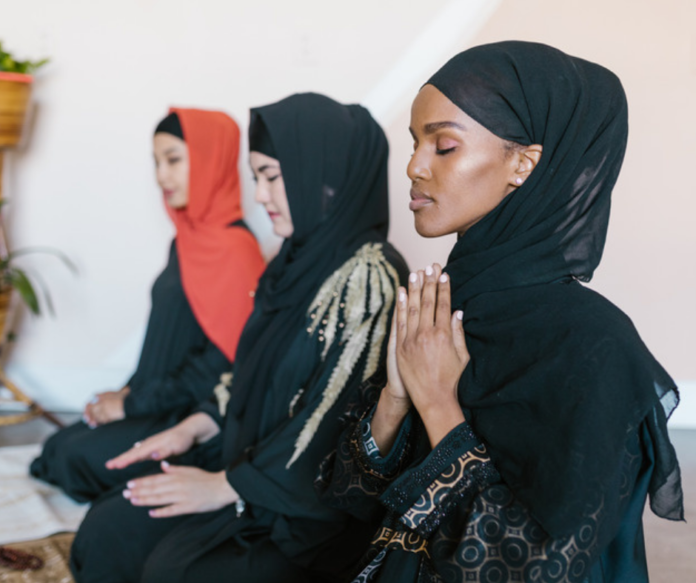Gender equality activities have long been voiced by activists who are aware of the injustice and inequality of all kinds of treatment women receive. The activity carried out by the Indonesia Business Coalition for Women Empowerment (IBCWE) in collaboration with UN women to welcome International Women’s Day on March 8, 2020, is one proof that slowly but surely, gender equality in this country is progressing. Other evidence is provided by the Government of Indonesia, which adds Gender Mainstreaming (PUG) as one of the strategies that Indonesia must achieve and must be fulfilled in the 2030 Sustainable Development Goals (SDG). Nationally and internationally, it seems the opposite is happening in houses of worship.
I realized this when I first set foot in the mosque, renovated to perform the Tarawih prayers. I was pretty surprised by the significant difference in places of worship between men and women. Doors and stairs separate the space provided for women to worship; even calling the area offered to women for prayer as a room is not suitable because there is no door and windows do not cover it. Yes, women are allowed to worship outside in the cold night breeze while men are indoors and facilitated by Air Conditioner (AC).
From the mosques that I have visited, I discovered that women still had to wait outside the mosque to get their turn to pray because the space provided was so small and narrow; women had facilities that were not available. Equivalent to men, such as mukenah (large veil used by Muslim women to pray) and prayer mats available in women’s prayer room have a rotten smell. Besides that, I also noticed in a couple of mosques; it is not uncommon for the places provided for women to take ablution that is very open; this makes women’s aurat (body parts that must cover in Islam) inadvertently visible. When I think back, the space for worship for women in God’s house has never been as ample and comfortable as the space provided for men.
Women have often voiced this issue, but many parties disagree and use QS Al-Ahzab verse 33 to excuse their disapproval. QS Al-Ahzab verse 33 reads: “And stay in your houses and do not decorate and act like the ignorant people. And establish prayer, pay zakat, and obey Allah and His Messenger. Verily, Allah intends to remove sin from you, O people of the temple, and to cleanse you thoroughly.”
Yes, it’s the truth that the issue has been written and spoken in Qur’an and hadith. But not a few people misinterpret the arguments above. Women face various situations that sometimes require them to worship in public places. One of a few are working women who earn a living for their families, women on a trip, or women in school and far away from their home.
One of my teachers once told me that worshiping in the mosque is prioritized for men, so men will automatically be prioritized in terms of spatial planning. However, is it appropriate for women who wait up to 2-3 queues to pray because of the narrow space while I often see men using the ample space to relax and chat, not infrequently even to rest? Is it appropriate for women to worship while worrying about their aurat can be seen due to the open area while men can enjoy a comfortable and relaxed room?
With all these inequalities, do Muslim women still can’t get their right to worship comfortably and quietly in God’s house?










